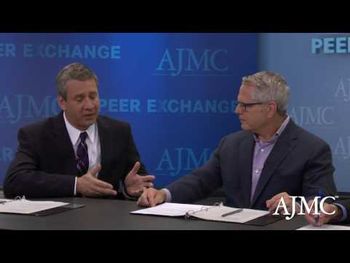
Health Care Delivery
Latest News

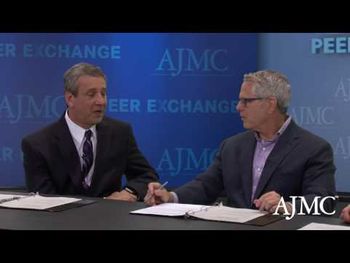
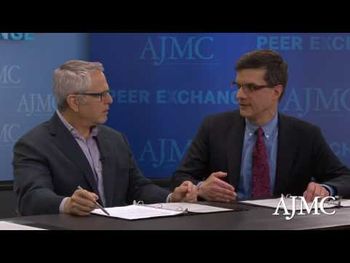
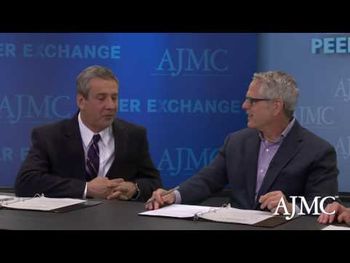
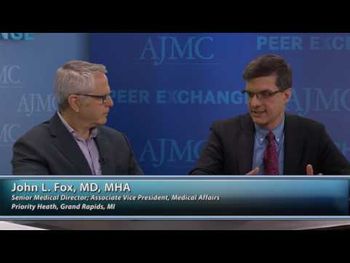
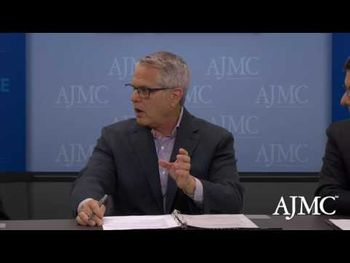
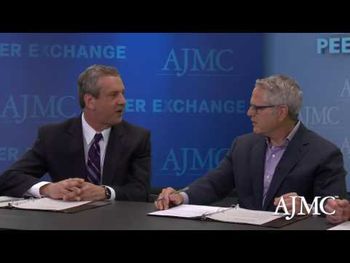
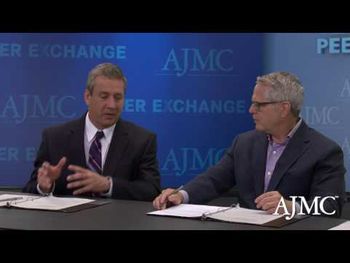
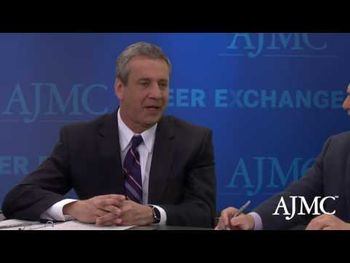
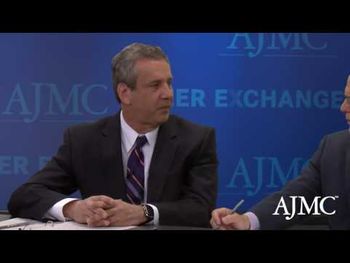

The rising cost of drugs is a cause for concern among various stakeholders in healthcare, some of who worry that staying on the current trajectory will “break the bank,” said panelists during a session at the ISPOR Annual Meeting.

What we're reading, June 27, 2016: Blue Cross and Blue Shield of Minnesota is leaving the individual market; out-of-pocket costs for hospital visits grew 37% in 5 years; and a growing number of millennials are becoming caregivers for loved ones.

The American Enterprise Institute (AEI) released its own plan for making improvements to the healthcare system, which included ideas such as premium support for Medicare, explained Joe Antos, PhD, the Wilson H. Taylor Scholar in Health Care and Retirement Policy at AEI.

Prescription drug spending between 2014 and 2015 increased at a much higher rate among health exchange plans compared with commercial plans, Medicare, and Medicaid plans. Express Scripts highlighted 3 select trends that are having the biggest impact on plans.
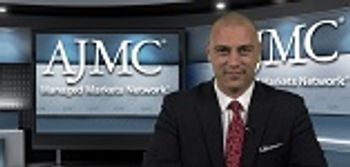
This week in managed care, the top stories included House Republicans' new plan to repeal and replace the Affordable Care Act, new funding from HHS to help small practices follow the Medicare Access and CHIP Reauthorization Act, and the Supreme Court rules on a patent lawsuit that impacts pharmaceutical companies.

Despite recommendations and the passage of legislation, there is little evidence that the quality of behavioral health has improved significantly over the last 10 years in the United States.

What we're reading, June 24, 2016: Britain's decision to leave the European Union will impact drug regulation; Supreme Court decision derails California proposal to allow illegal immigrants to buy health insurance; and lawmakers look to reduce exclusivity period for biologics.

An appellate panel found that a group of hospitals could not have information that Horizon withheld during discovery in 2 breach of contract suits related to its OMNIA tiered health plan. An attorney for 1 group of those hospitals said it will appeal because consumers and providers need to know how the tiered health network was created.

House Speaker Paul Ryan said the policy outline represents the first consensus among his conference to replace "Obamacare," which the document says has not worked because it has limited choice, increased consumer costs, and created new regulatory burdens for employers.

Addressing the unmet social needs of patients requires additional investment on the part of the healthcare industry, but provides a tangible return on investment.

What we're reading, June 22, 2016: Obama administration targets young individuals for Affordable Care Act enrollment; Boeing is directly contracting with a major California health system to provide employee benefits; growing interest in the use of value-based insurance design.

An expert panel at The Community Oncology Conference: Innovation in Cancer Care, held in Orlando, Florida, April 13-15, 2016, provided insight on current transitions in healthcare reform, and their predictions for the future.

Since the implementation of the ACA, health plans have been moving towards more managed, narrower plans. In addition, Erica Hutchins Coe, partner and co-leader of Center for US Health System Reform at McKinsey & Company, said that she has seen a progression of younger, healthier adults moving into the marketplace.

Study’s findings add to concerns about health plans’ incentives not to comply with their legal obligation under the law to provide mental health benefits on par with medical and surgical benefits.

If the announcement by the Swiss pharmaceutical giant Novartis holds true, biosimilars that the company plans to launch over the next 4 years could create a significant dent in the sales of 5 blockbuster molecules in the oncology and immunology space.





